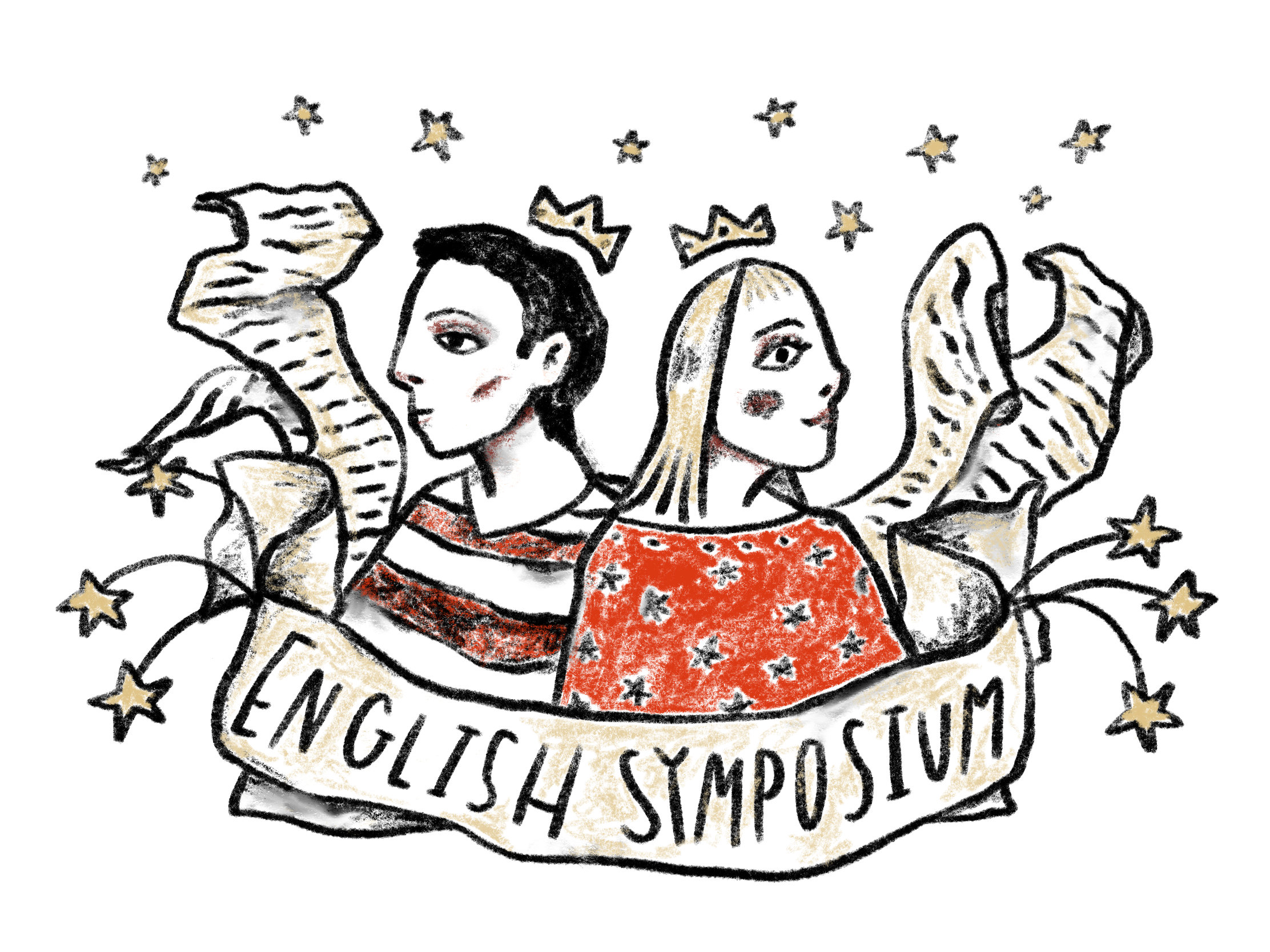Content Category
Literary Criticism
Abstract/Description
In recent discussions of cultural change in Chinua Achebe’s Things Fall Apart, a common critical discussion is whether or not the adaptation and acceptance of Christianity and European values was a positive step forward for the indigenous Igbo culture. A majority of critics argue that Achebe’s purpose in writing Things Fall Apart is to show that while the introduction of Christianity, and the resulting system of government it ultimately established, certainly did change the Igbo culture and way of life, not all of the changes were bad. According to this view, Achebe’s purpose is to examine the benefits and drawbacks of traditional Igbo values in an effort to influence Nigerians to reexamine their current values. From this examination, a more desirable hybrid between the two cultures could perhaps be created for the future (Gikandi 299). I believe that the Igbo loss of determining sin and enacting punishment, in particular, had significant and negative implications and merits further evaluation. In the traditional Igbo culture, when an individual member of the clan sinned, his punishment was shared by the entire clan. Following the advent of a European government of Christian-infused ideals, punishment was allotted and affixed primarily on an individual basis. This fundamental change in Igbo society, however, was not recognized by the community at large until after Okonkwo slayed the court messenger and took his own life. This action brought the Igbo society to subdued reconciliation with the concept of individual punishment for the sinner. I will explore these ideas throughout this paper.
Copyright and Licensing of My Content

This work is licensed under a Creative Commons Attribution-Noncommercial-No Derivative Works 4.0 License.
Origin of Submission
as part of a class
Faculty Involvement
Aaron Eastley
“Soiling The Others”: The Effect of Change in Igbo Sin and Punishment
In recent discussions of cultural change in Chinua Achebe’s Things Fall Apart, a common critical discussion is whether or not the adaptation and acceptance of Christianity and European values was a positive step forward for the indigenous Igbo culture. A majority of critics argue that Achebe’s purpose in writing Things Fall Apart is to show that while the introduction of Christianity, and the resulting system of government it ultimately established, certainly did change the Igbo culture and way of life, not all of the changes were bad. According to this view, Achebe’s purpose is to examine the benefits and drawbacks of traditional Igbo values in an effort to influence Nigerians to reexamine their current values. From this examination, a more desirable hybrid between the two cultures could perhaps be created for the future (Gikandi 299). I believe that the Igbo loss of determining sin and enacting punishment, in particular, had significant and negative implications and merits further evaluation. In the traditional Igbo culture, when an individual member of the clan sinned, his punishment was shared by the entire clan. Following the advent of a European government of Christian-infused ideals, punishment was allotted and affixed primarily on an individual basis. This fundamental change in Igbo society, however, was not recognized by the community at large until after Okonkwo slayed the court messenger and took his own life. This action brought the Igbo society to subdued reconciliation with the concept of individual punishment for the sinner. I will explore these ideas throughout this paper.

